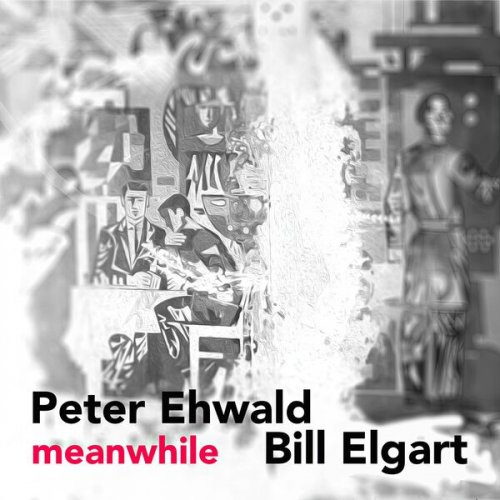Domonkos Csabay - Liszt Complete Piano Music, Vol. 58: Music on National Themes (2021) [Hi-Res]
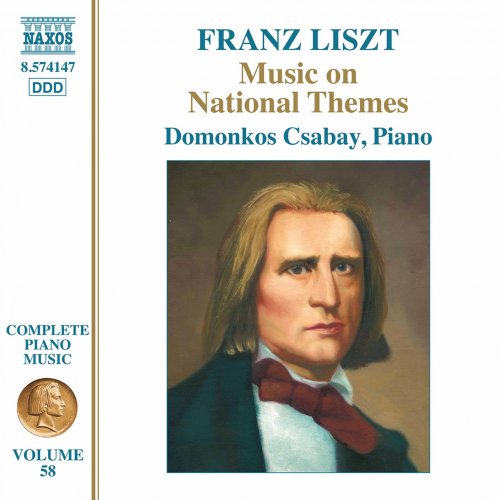
Artist: Domonkos Csabay
Title: Liszt Complete Piano Music, Vol. 58: Music on National Themes
Year Of Release: 2021
Label: Naxos
Genre: Classical
Quality: flac lossless / flac 24bits - 96.0kHz +Booklet
Total Time: 01:11:59
Total Size: 243 mb / 1.09 gb
WebSite: Album Preview
TracklistTitle: Liszt Complete Piano Music, Vol. 58: Music on National Themes
Year Of Release: 2021
Label: Naxos
Genre: Classical
Quality: flac lossless / flac 24bits - 96.0kHz +Booklet
Total Time: 01:11:59
Total Size: 243 mb / 1.09 gb
WebSite: Album Preview
01. Canzone Napolitana, S. 248
02. 5 Hungarian Folksongs, S. 245: No. 1, Csak titokban akartalak szeretni
03. 5 Hungarian Folksongs, S. 245: No. 2, Jaj beh szennyes az a maga kendöje
04. 5 Hungarian Folksongs, S. 245: No. 3, Beh szomorú ez az élet én nékem
05. 5 Hungarian Folksongs, S. 245: No. 4, Beh! sok falut, beh! sok várost bejártam
06. 5 Hungarian Folksongs, S. 245: No. 5, Erdó, erdó, sürü erdó árnayában
07. Hussitenlied, S. 234 (After Krov)
08. La cloche sonne, S. 238
09. Faribolo Pasteur, S. 236 No. 1 (After Jasmin)
10. Chanson du Béarn, S. 236 No. 2
11. Glanes de Woronince, S. 249: No. 1, Ballade d'Ukraïne
12. Glanes de Woronince, S. 249: No. 2, Mélodies polonaises (After Chopin's, Op. 74)
13. Glanes de Woronince, S. 249: No. 3, Complainte
14. La Marseillaise, S. 237 (After Lisle)
15. Vive Henri IV, S. 239
16. God Save the Queen, S. 235
17. Canzone Napolitana, S. 248a
![Domonkos Csabay - Liszt Complete Piano Music, Vol. 58: Music on National Themes (2021) [Hi-Res]](https://www.dibpic.com/uploads/posts/2021-05/1620743830_domonkos-csabay-liszt-complete-piano-music-vol_-58-music-on-national-themes-2021-back.jpg)
The Five Hungarian Folk Songs are cameo jewels composed in 1873 for a visit to that country by their ‘native son’, particularly the Fourth, with its earthy dance rhythms, Liszt was rather naughty ‘borrowing’ the songs from an existing collection. Thirty years earlier, and for his Czech tour, he composed the brilliant Hussitenlied (Hussite Song) believing it to be of historic origins, only to discover it was a recently composed song. Whatever the origins, it provided Liszt with a virtuoso showpiece. Ten years have passed and we find him in Weimar composing the short La Cloche sonne (The Bell sounds), a very gentle piece much in the French style that continues in Faribolo Pastour and Chanson du Bearn, both of a substantial length and originating in 1844. Three years later we find his nomadic life had taken him to the Ukraine as guests of Royalty, and composing in their honour the Glanes de Woronince, three charming pieces that are brought together to form a substantial score lasting a little over a quarter of an hour, and requiring fast fingers to create the elaborate musical filigree. Currying favour in France and England we have La Marseillaise, Vive Henri IV and God Save the Queen all dressed to make the most impact. Finally the second of the two Canzone napolitana, changes of key removing some of the difficulties of the first version. A lengthy disc to showcase the young Hungarian born pianist, Domonkos Csabay, now resident in the UK where he is making his career, Liszt providing him with a very good ‘visiting card’.

![Tomasz Stańko, Tomasz Szukalski, Dave Holland & Edward Vesala - Balladyna (1976/2025) [Hi-Res] Tomasz Stańko, Tomasz Szukalski, Dave Holland & Edward Vesala - Balladyna (1976/2025) [Hi-Res]](https://www.dibpic.com/uploads/posts/2025-12/1765717548_cover.jpg)
![Tomasz Stanko, Polskie Radio - Piece for Diana and Other Ballads (Polish Radio Sessions vol. 1/6) (2025) [Hi-Res] Tomasz Stanko, Polskie Radio - Piece for Diana and Other Ballads (Polish Radio Sessions vol. 1/6) (2025) [Hi-Res]](https://www.dibpic.com/uploads/posts/2025-12/1765797073_cover.jpg)
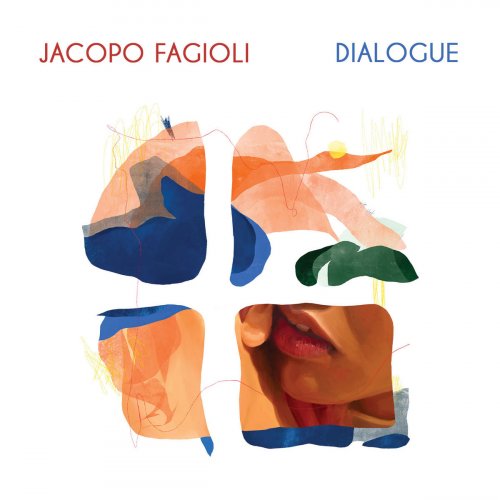
![Mark Northam - More Music From The Pixar Films For Solo Piano (2025) [Hi-Res] Mark Northam - More Music From The Pixar Films For Solo Piano (2025) [Hi-Res]](https://img.israbox.com/img/2025-12/17/qc8ci6ocl25zt4m9ojnjn3k2k.jpg)
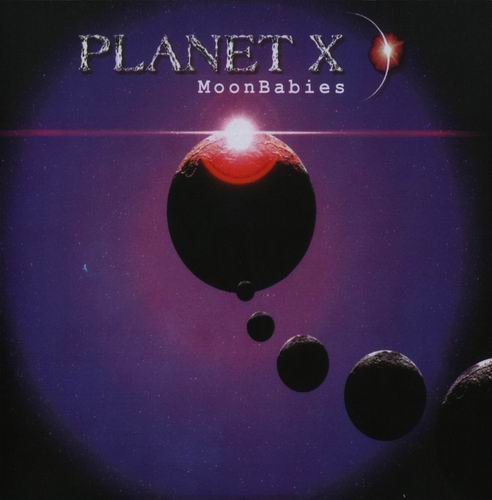
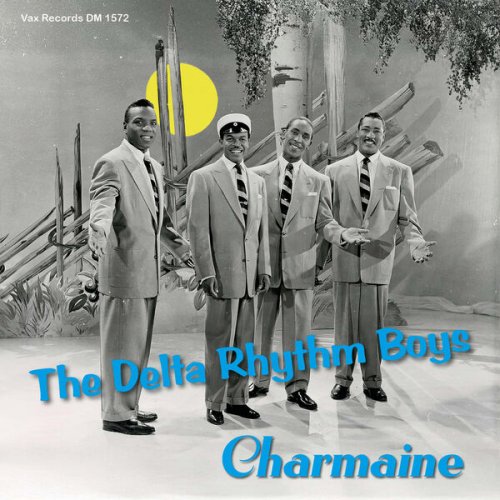
![Koldo Munné & 1520's Ensemble - Live at Jamboree Live Music (2025) [Hi-Res] Koldo Munné & 1520's Ensemble - Live at Jamboree Live Music (2025) [Hi-Res]](https://www.dibpic.com/uploads/posts/2025-12/1765846749_ck2b0xbsb8jna_600.jpg)
